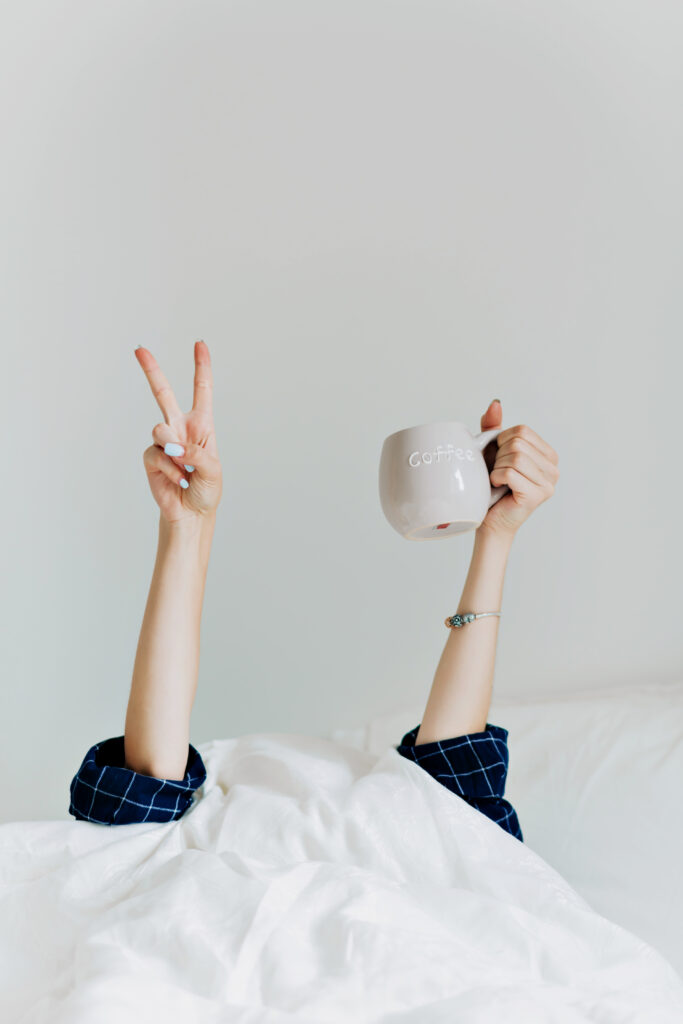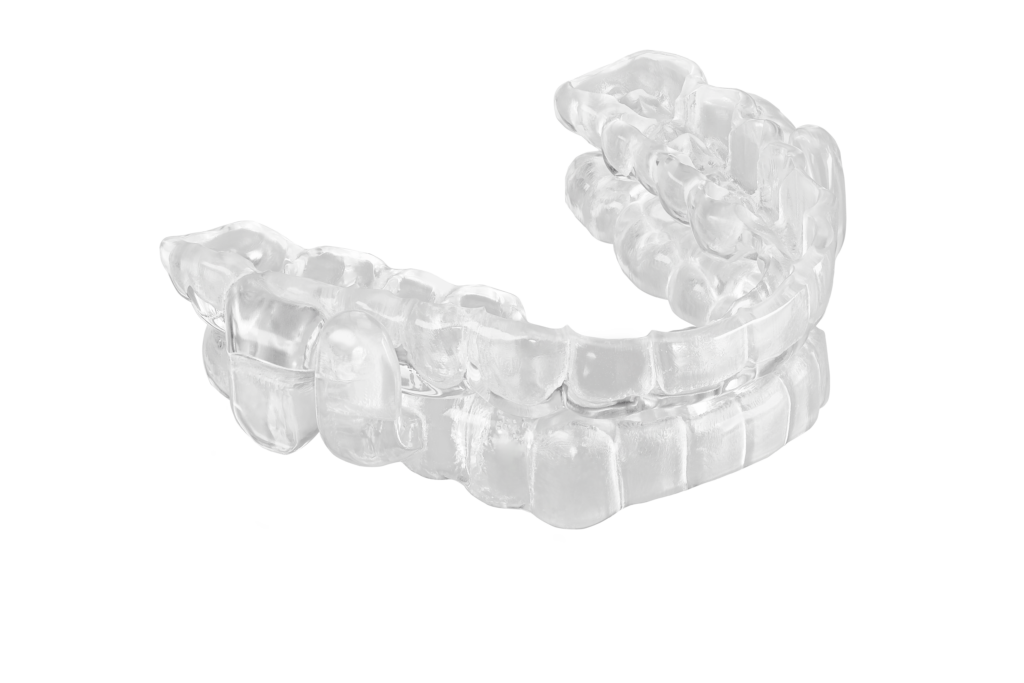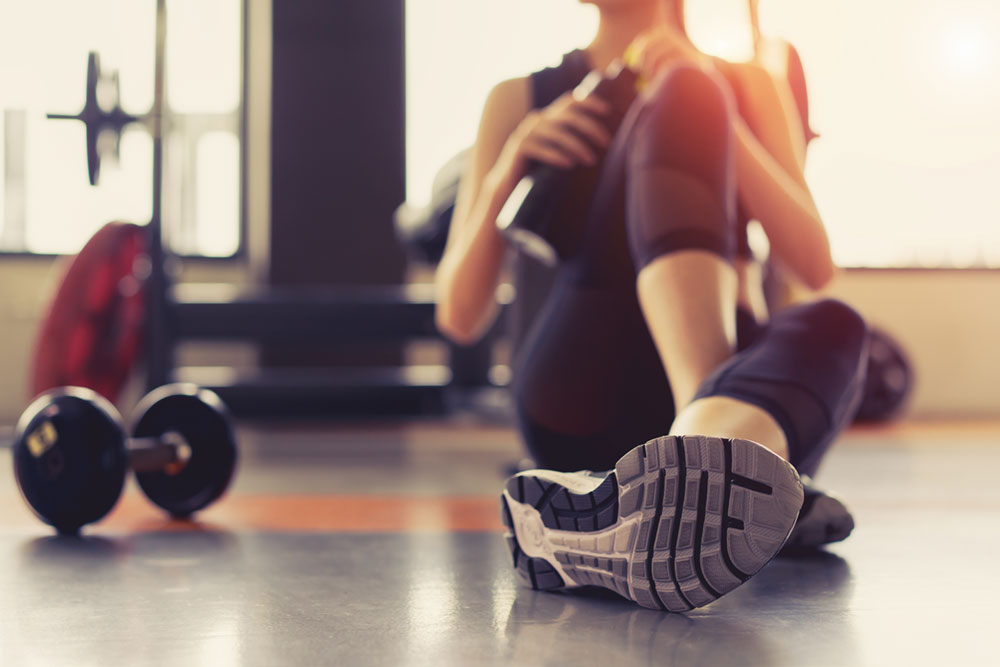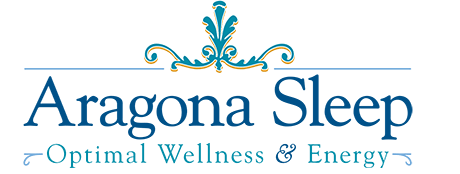CPAP Alternative
Are you tired of wrestling with your CPAP machine every night? It’s not just you. Almost 50% of patients either stop using their CPAP mask within 3 days or refuse to fill their prescription. Many find it hard to get comfortable with the mask, tubes, and the constant noise. But what if you could sleep peacefully without all that gear?
At Aragona Sleep, we have a skilled team of sleep medicine dentists led by accredited Diplomate of the American Board of Sleep and Breathing Dr. Sal Aragona, DDS who has treated a variety of sleeping disorders in both children and adults for the past 35+ years. He specializes in using precision custom-made oral devices to address the root cause of sleep apnea and its symptoms.
These newer precision devices are half the size of the old school previous appliances are tailored to fit your mouth perfectly. This means you can roll, twist, and turn in bed as much as you like and still breathe comfortably. No more bulky masks or tubes to deal with. Unlike off-the-shelf bulky mouthguards, our dental devices are thoughtfully designed for each patient. Dr. Aragona in particular is a Platinum Provider of the most advanced precision oral devices the ProSomnus Evo Select.

What is Oral Appliance Therapy (OAT)?
OAT uses Mandibular Advancement Devices (MADs) to gently shift your jaw forward, helping keep your airway open as you sleep. They are similar to wearing a mouthguard or a retainer and are created in a lab to match your dental structure.
Using them regularly as recommended has been shown to drastically improve the quality of sleep and thus, increase alertness and energy levels during the day. When you are well-rested, your body and mind naturally tend to function well. Depending on how severe your obstructive sleep apnea is, you might notice that you wake up feeling more energized and less fatigued due to the better quality of sleep you get.

Why Choose an Oral Appliance to Treat Your Sleep Apnea
It is comfortable.
Our oral appliances are specially made to fit the unique shape of your mouth. This is a big contrast to CPAP masks and tubes, which are typically one-size-fits-all. Because we make these mouthpieces just for you, they are more supportive and yet feel less bulky than standard CPAP equipment.
This is in stark contrast to over-the-counter oral appliances, as these are not specifically customized to your mouth’s shape and size. Using a generic appliance can cause TMJ (Temporomandibular Joint Dysfunction), which affects the jaw joint and can lead to pain, chewing problems, or a clicking sound when you open and close your mouth. To reduce the risk of jaw-related conditions, get your oral appliance from a sleep medicine dentist only.
It is discreet and portable.
The design of our dental mouthguards is so subtle it’s hardly noticeable to others around you when you are wearing them. And unlike CPAP machines which require a fair bit of space, this mouthpiece is compact enough to fit in your bag or a pocket. You can bring it along wherever you go, whether it’s for an overnight trip or a longer journey. No need for extra carrying cases or worrying about finding space for a larger device.
It is quiet.
With oral appliance therapy, no pumps or hoses are involved, which are common in CPAP machines and can make quite a bit of noise. When you use your device, it doesn’t make any sound. If you share your bed with someone, they will also appreciate this.
Oral appliances work well for those with mild to moderate obstructive sleep apnea. If you cannot use CPAP or prefer not to, our team at Aragona Sleep can assess your situation to see if this therapy is a good fit for you). Our aim is to enhance your sleep in a way that aligns with how you live.
Explore Oral Appliance Therapy as a CPAP Alternative for Sleep Apnea
If you have tried CPAP machines for sleep apnea and found they were not for you, it is time to give OAT a try. The mandibular advancement appliance you get will do all the work. It consists of two parts that cover your upper and lower teeth, and its main function is to move your lower jaw and the base of your tongue forward slightly.
Sleep apnea occurs because the pharyngeal airway gets blocked or collapses when the tongue and throat muscles loosen up excessively. As the dental appliance shifts your jaw and tongue, it cuts down on snoring and makes breathing easier throughout the night.
Oral appliance therapy is particularly useful for those with obstructive sleep apnea. Its benefits include:
- Better quality of sleep
- Enhanced mood and concentration
- Less drowsiness during the day
- Lower risk of health issues related to untreated sleep apnea (like high blood pressure and coronary artery disease)
- A happier sleeping partner, thanks to quieter nights
Book Your Sleep Apnea Consultation at Aragona Sleep
The dental sleep practitioners at Aragona Sleep are committed to resolving your obstructive sleep apnea once and for all. We understand that CPAP is not the only solution for this condition. Our approach is centered around providing you with treatment options that align with your lifestyle and preferences rather than limiting you to a single choice.
Sleep apnea patients across Michigan have reclaimed restful nights with our oral appliance therapy. If you have any questions or would like to schedule an appointment with Dr. Aragona, DDS

